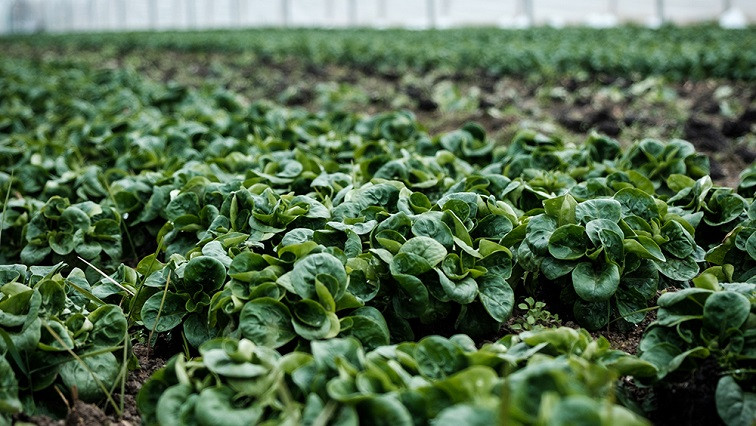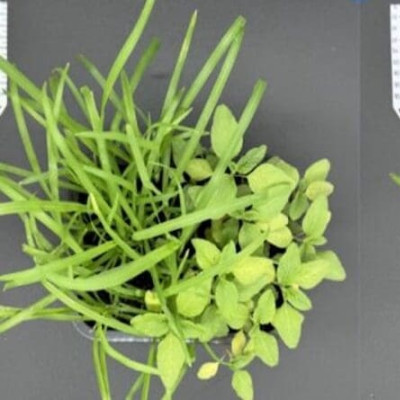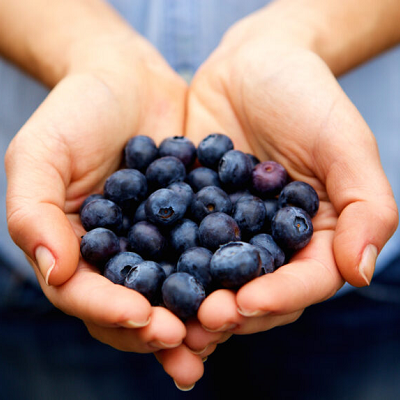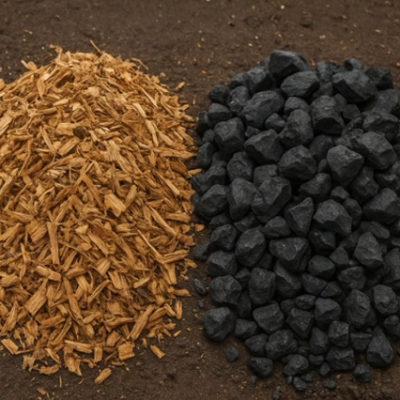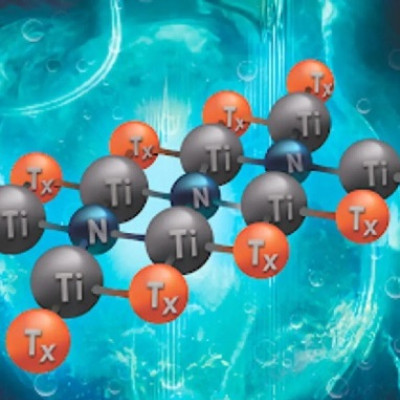Their mission? To unlock the potential of metallic oxide nanoparticles in boosting the nutritional value of edible leafy greens, all in a bid to combat the pervasive issue of “hidden hunger” – a silent crisis resulting from multiple micronutrient deficiencies.
Led by the visionary Laura Carson, Ph.D., a distinguished research scientist in PVAMU’s Cooperative Agricultural Research Center, this interdisciplinary dream team comprises researchers not only from PVAMU but also from Texas A&M University. Together, they embark on an extraordinary journey to harness the power of science to transform the world’s food landscape.
The urgency of their mission is underscored by the challenges our world faces today. Climate change and the burgeoning global population cast shadows over our future food security and public health owing to the impending specter of food shortages. Vital nutrients and essential vitamins are often alarmingly scarce in staple crops, threatening the well-being of millions. The solution is turning to nature itself.
Plants, such as the humble mustards and the vibrant amaranth, hold secrets within their leaves. These secrets, known as essential plant metabolites, have the potential to revolutionize the nutritional content of our diets. But the key lies not only in these botanical wonders but also in the cutting-edge world of nanotechnology. Nanoparticles, with their minuscule size, have immense potential to unlock the hidden treasures of plants.
This initiative resonates deeply with the values of the United States Department of Agriculture as PVAMU’s Vice President of Research & Innovation, Magesh Rajan, Ph.D., declares, “PVAMU shares the USDA’s dedication to supporting research that explores cutting-edge solutions to prevalent, global challenges.
“Dr. Carson and her team’s innovative approach to addressing hidden hunger underscores our collective commitment to enhancing the health of our communities and, simultaneously, developing the next generation of passionate scientists.”
For World Food Day on Oct. 16, 2023, this project takes on even greater significance. This day reminds everyone of the importance of addressing global food security issues and improving the nutritional quality of diets. PVAMU’s research contributes directly to this cause, showcasing the university’s dedication to enhancing food security and fighting hidden hunger.
This project represents more than just research—it’s an opportunity for PVAMU students to immerse themselves in high-impact, hypothesis-driven scientific exploration. Hands-on research and professional development opportunities await them, ensuring that the spirit of inquiry continues to thrive.
Alongside Dr. Carson, the project boasts the involvement of PVAMU research specialist Addisie Geremew, Ph.D., whose contributions have been invaluable to shaping the project. Complementing their efforts are additional co-principal investigators, including PVAMU’s very own professor and chair of plant and environmental sciences, Aruna Weerasooriya, Ph.D., as well as the esteemed Xingmao “Samuel” Ma, Ph.D., an associate professor of civil and environmental engineering at Texas A&M University, and Virender Sharma, Ph.D., the director of the program on environment and sustainability at Texas A&M.
This dynamic team is further strengthened by the collaboration of PVAMU Postdoctoral Researcher Eric Obeng, Ph.D., Research Specialist Selamawit Woldesenbet, Ph.D., Professor and Research Scientist Richard Griffin, Ph.D., and PVAMU Professor of Biology Gloria Regisford, Ph.D.
Dr. Carson speaks passionately of her team’s ongoing efforts, saying, “As a community of scientists, we must think more broadly in our approaches to solving real-life challenges and further provide an opportunity to a community of young investigators, our students, who can make significant contributions toward providing healthy, nutritious food for our communities, our country, and the world.”
This World Food Day, their work stands as a beacon of hope for a more nourished and healthier future.
A modified version of this story originally appeared in “On the Rise.”
Read the original article on Prairie View A&M University.

